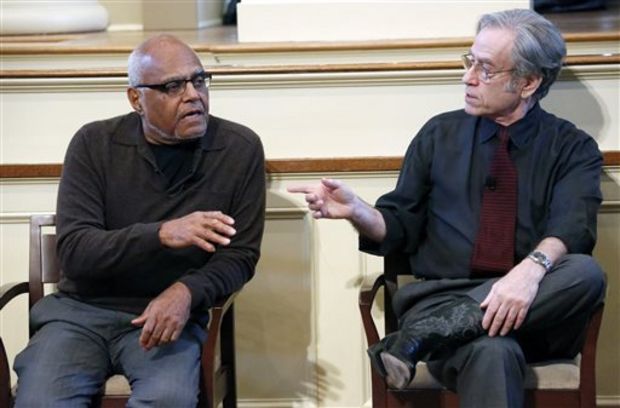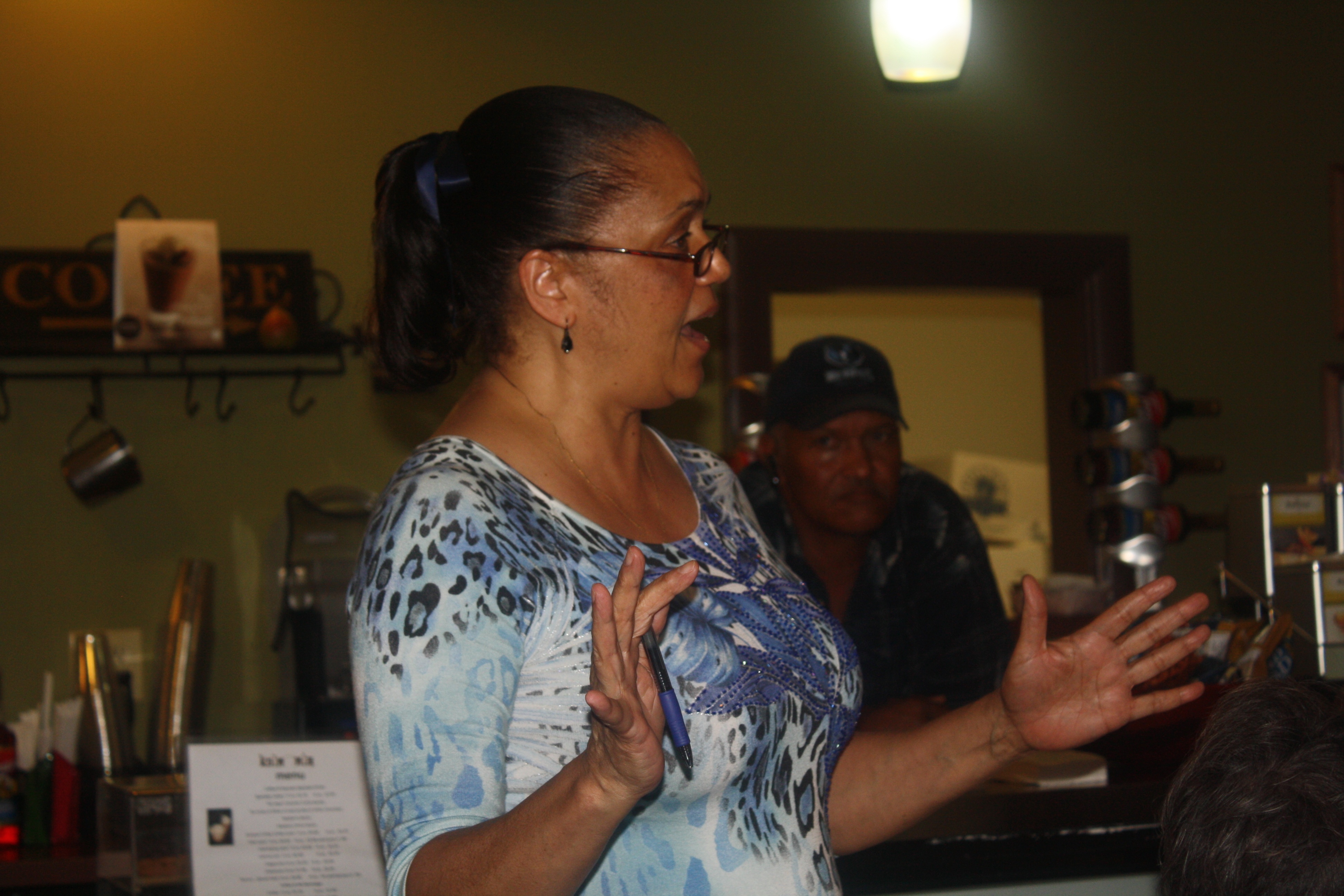

JACKSON, Mississippi (AP) — Longtime civil rights activist Bob Moses says the United States needs a firmer commitment to voting rights and education, and he’s challenging young people to embrace those issues today to strengthen the society they’ll lead in a generation.
Moses spoke Wednesday at an event commemorating Freedom Summer, the 1964 project he directed. Hundreds of volunteers, mostly college students, came to Mississippi 50 years ago to challenge segregation by pushing to register black voters. Some of them were killed or beaten.
Moses said U.S. history moves in cycles of expanding rights, then trying to limit them.
“We are lurching back right now,” Moses said.
As an example, he cited voter-identification laws that Mississippi and many other states are enacting. Mississippi’s law had been on hold until last year, when a U.S. Supreme Court ruling erased the requirement to get federal approval for changes of election laws or procedures in states with a history of racial discrimination. The June 3 federal primaries this year will mark the first time Mississippi uses its law that requires voters to show a driver’s license or other government-issued ID at the polls.
The event Wednesday was a youth summit hosted by the Smithsonian’s National Museum of American History. More than 400 students at a dozen museums in the U.S. watched the hour-long webcast in which Moses and others discussed Freedom Summer.
Moses and most other panelists spoke in the House chamber of the Old Capitol Museum in Jackson — the same room where Mississippi lawmakers adopted a secession declaration before the start of the Civil War.
Labor organizer Larry Rubin, a Pennsylvania native who now lives in Takoma Park, Md., did civil-rights work through the Student Nonviolent Coordinating Committee in north Mississippi in 1964 and 1965. He said the Deep South at the time was “overcoming 300 years of terror, of brainwashing, of oppression,” but the South did not exist in isolation.
“The entire nation supported this system. The South was not a separate country,” Rubin said.
Marshall Ganz, a public policy lecturer at Harvard’s John F. Kennedy School of Government, was a Harvard student when he went to Mississippi as a civil rights volunteer in 1964. He said the year he spent in the state changed the trajectory of his life. Rather than return to Harvard immediately, he went to California, where he had grown up, and spent 16 years helping organize farm workers — another group of people of color who were marginalized in their own society.
“I had grown up in that world and not seen it,” Ganz said.
Moses, a New York native who now lives in Boston, founded the Algebra Project in 1982. The nonprofit group teaches math skills to lower-income middle school and high school students in 10 states.



